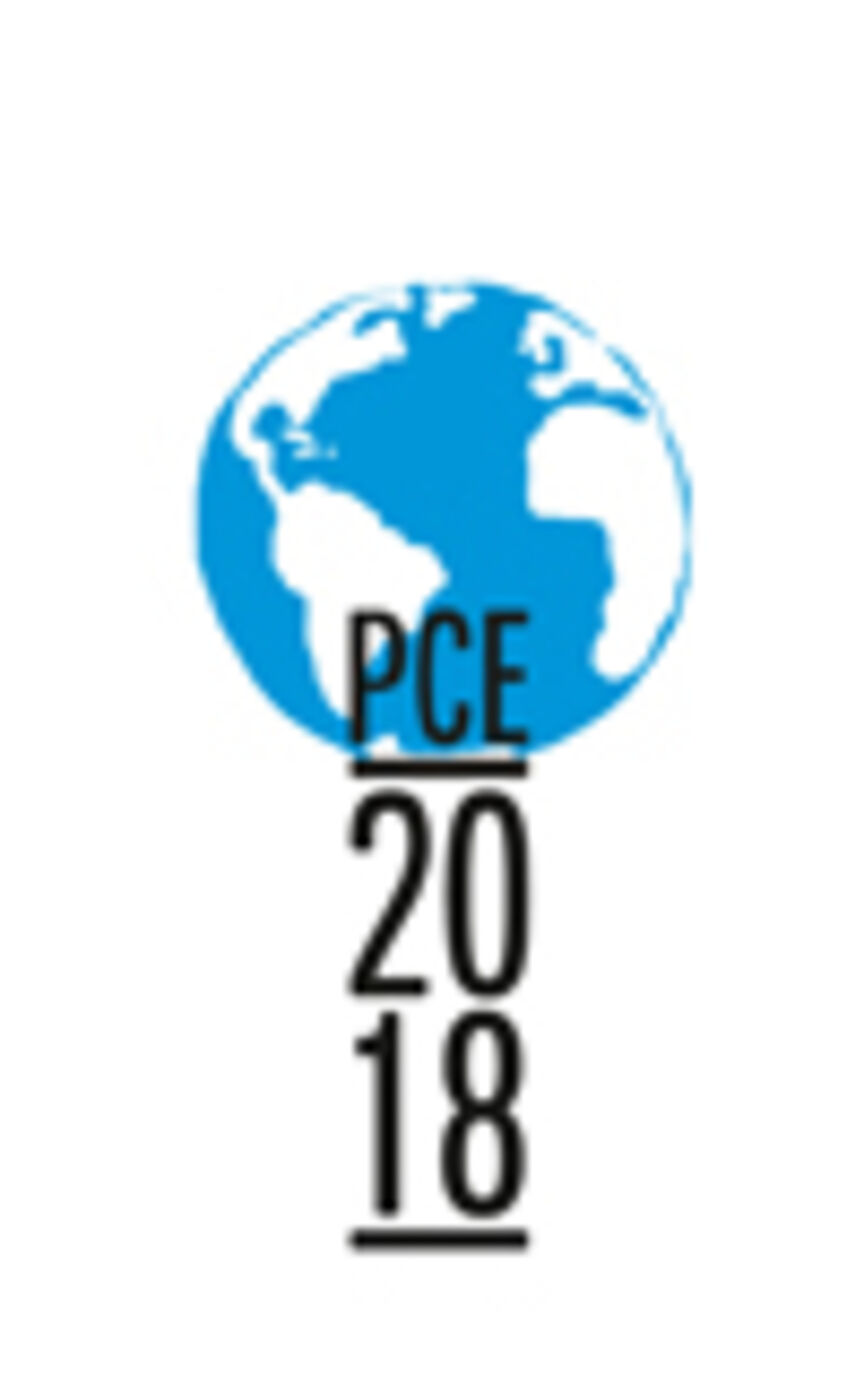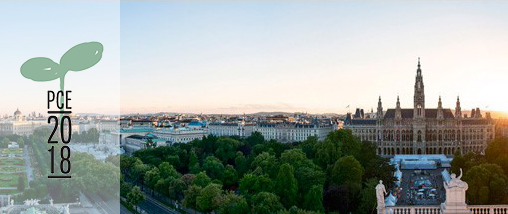
Facilitating Hope - social, political & intercultural dimensions
Facilitating Hope - social, political & intercultural dimensions
Division of work and areas of responsibility within families and society are still often gender-specifically organized. The connotation of gainful employment is mostly male, of relationship work and housework mostly female.
Due to wars and armed conflicts, millions of people are now seeking refuge in the Western world.
At the moment the discourse seems to be determined by tendencies propagating isolation from the foreign and the foreigners and an awareness of safety and control, at the fringe of totalitarianism. Violence seems to be the most efficient means of conflict solving for a lot of people. These are only two examples of the present discrepancies in society.
By embracing standards of aspiration for performance, success and power and keeping the hereby strongly shaped “Western and traditionally male values“, political and psycho-social approaches and therapy schools are experiencing a boom, that promise adapting to standards and incorporation into the working world, characterized by these standards: efficiency concerning time, money, methods and contents, although it is mostly women who practice psychotherapy and it is mostly women who turn to psychotherapy for support and help. This is a challenge for person-centered and experiential models of contrast.
Examples of possible topics
- How can person-centered and experiential psychotherapies contribute to make visible and change power structures and structural inequalities?
- What is it that PCE approaches may set against structural tendencies of alienation and exclusion of the foreign?
- What are the challenges and priorities of a humanistic concept of the human being in today’s society? Can the person-centered and experiential self-conception have an influence on developments of society – how does it work in practice?
- The person-centered experience with encounter groups, small and large groups centered on encounter – a changing concept, sociopolitical relevant?
- Diversity, gender equality, political general conditions, cultural identity, globalization and national identity, migration and integration, peace work, freedom of artistic expression etc. as framework conditions for “structural hope“, for a hopeful life and living together.
